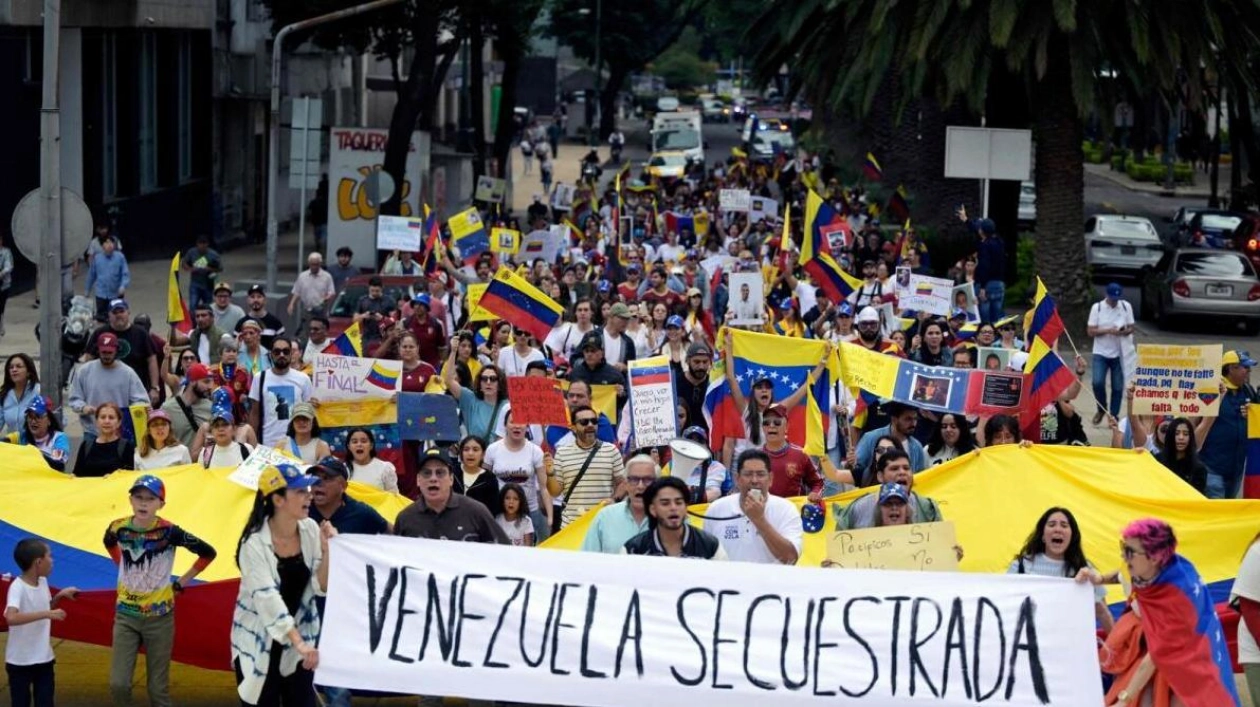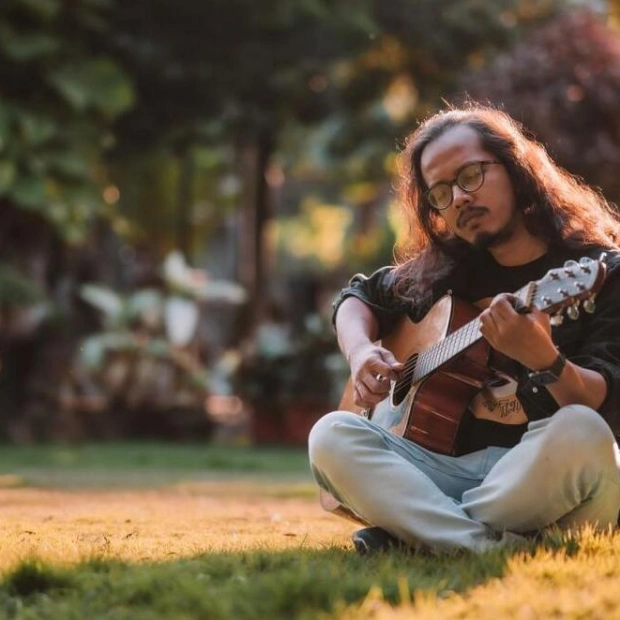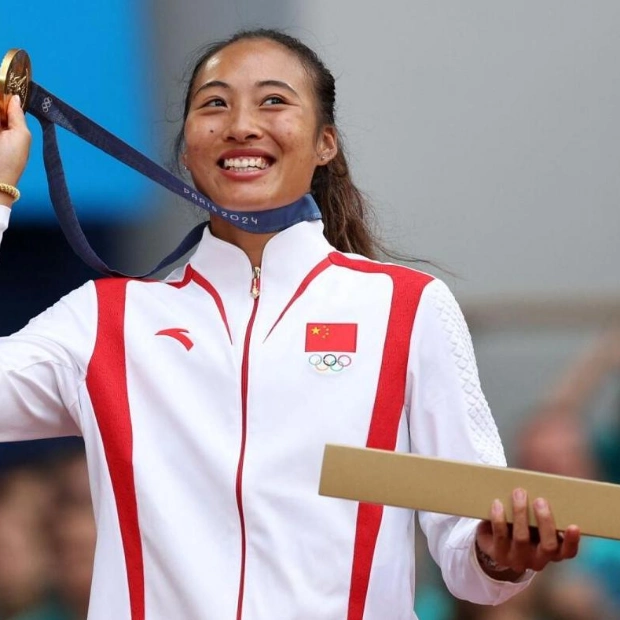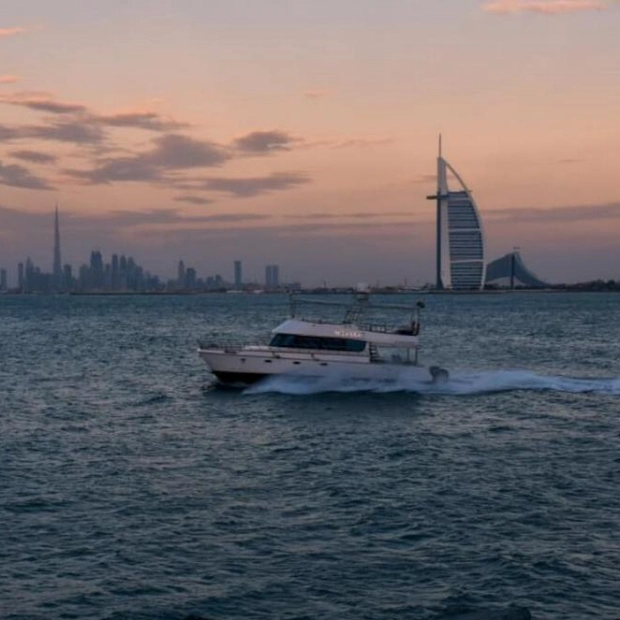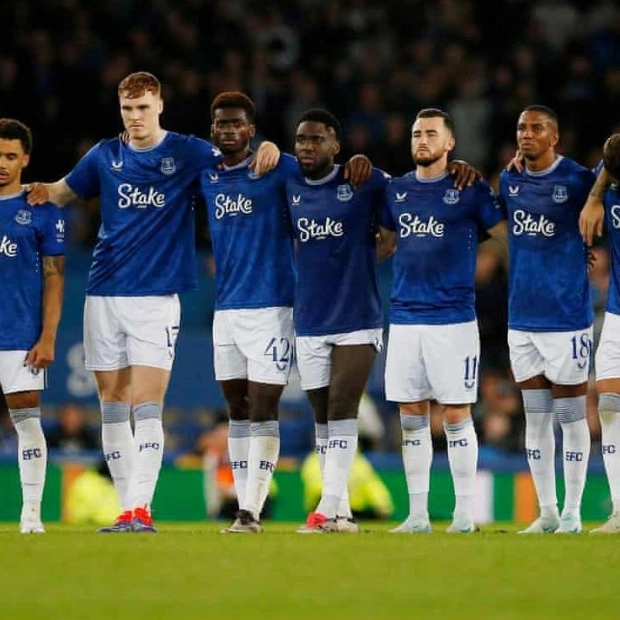Venezuela's opposition coalition continues to seek international recognition for its claim of a decisive victory in the recent presidential election, but as global focus shifts elsewhere, their avenues for action are diminishing, according to opposition insiders and analysts. Electoral officials have proclaimed President Nicolas Maduro's re-election for a third term following the July 28 vote, whereas opposition figures cite their own counts indicating a win for their candidate, Edmundo Gonzalez. Accusing Maduro of electoral malpractice, protesters have taken to the streets, leading to 23 fatalities and approximately 2,400 arrests, with the government labeling the protests as fascist-driven violence.
This situation is not new for Venezuela, where past efforts including protests, sanctions, and the recognition of an opposition-backed interim presidency by Western nations have all proven unsuccessful in removing Maduro from power. With military leaders pledging their support, the opposition's potential strategies appear constrained. Currently, the opposition is concentrating on demanding the release of complete vote counts, as shared by four anonymous opposition sources. They also express openness to dialogue with the ruling party, while hoping that international pressure might yield results.
Gonzalez and opposition leader Maria Corina Machado, who led his campaign, have urged supporters to maintain protest activities, with Machado suggesting potential incentives for ruling party members to defect. The government has so far resisted negotiations, citing internal disagreements within the ruling party, as Machado explained to reporters recently. Online postings of opposition-held tallies indicate Gonzalez securing around 7 million votes, significantly surpassing Maduro's 3.3 million, aligning with independent exit polls.
The national electoral council, which has yet to publish comprehensive results, asserts Maduro's victory with about 51% of the vote, though its website has been inaccessible since July 29. Venezuela's supreme court, viewed by the opposition as an extension of the ruling party, has stated it is still validating the results, noting the opposition's lack of substantiated evidence for their claims. A source close to the ruling party revealed that the government is still assessing the opposition's potential vote tally.
Maria Isabel Puerta, a political science professor at Florida's Valencia College, emphasized the need for a dialogue that acknowledges the opposition's electoral triumph. She also pointed out that global conflicts in the Middle East and Ukraine might divert attention from Venezuela. An opposition insider expressed confidence in Brazil, Colombia, and Mexico's ability to influence Maduro, stressing the importance of continued domestic pressure.
The United States, Argentina, and Chile, among others, have repeatedly called for the publication of full vote counts, while traditional Maduro allies Brazil, Colombia, and Mexico are attempting to facilitate talks between Maduro and Gonzalez. However, Western nations, cautious after previous diplomatic setbacks, show little indication of swiftly implementing harsher measures such as new sanctions. Meanwhile, Russia, China, and others have publicly congratulated Maduro on his win.
Machado sees the ongoing willingness to maintain communication channels with Brazil, Mexico, and Colombia as a positive sign, hoping for developments this week, which she deems critical. She has also ruled out a repeat election, according to two diplomatic sources. Maduro, when asked about a potential dialogue with Machado, suggested she should engage with the attorney general's office, stating that only a legal negotiation would be appropriate given her alleged crimes. The attorney general's office recently announced a criminal investigation against several opposition leaders, including Machado, for inciting illegal activities among police and military personnel.
Ricardo Rios, director of Caracas-based consultancy Poder y Estrategia, commented that while the opposition clearly won, they lack the power to validate their victory. The government, on the other hand, is attempting to impose its will forcefully, a strategy that could come at a significant cost. Rios warned that international isolation could further harm Venezuela's already fragile investment climate, while governance through repression could escalate instability. Despite reduced protest numbers attributed to fear of arrest, Machado and Gonzalez are calling for further demonstrations, with plans for more marches scheduled for Saturday.
When asked about the duration of the opposition's campaign, Machado responded that no one can predict how long it will continue.
